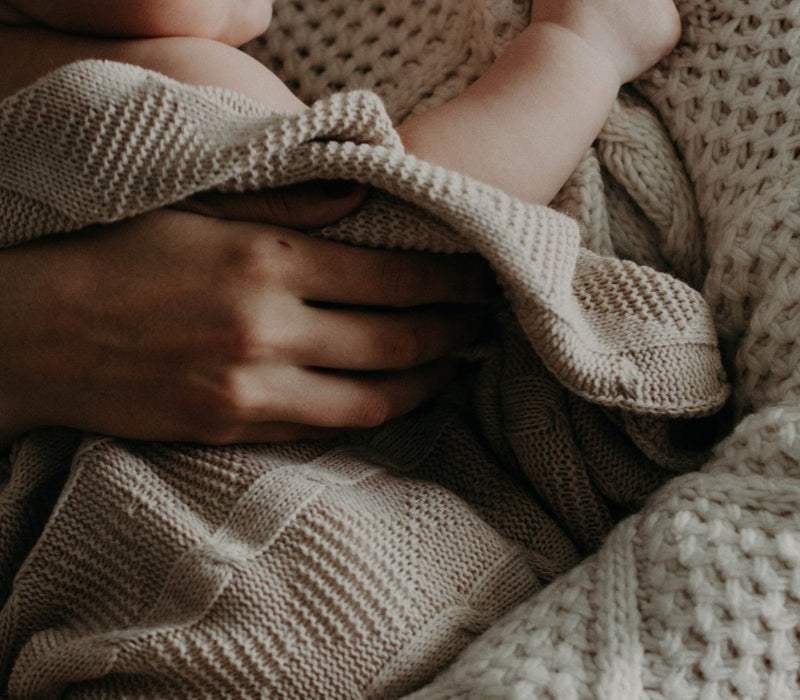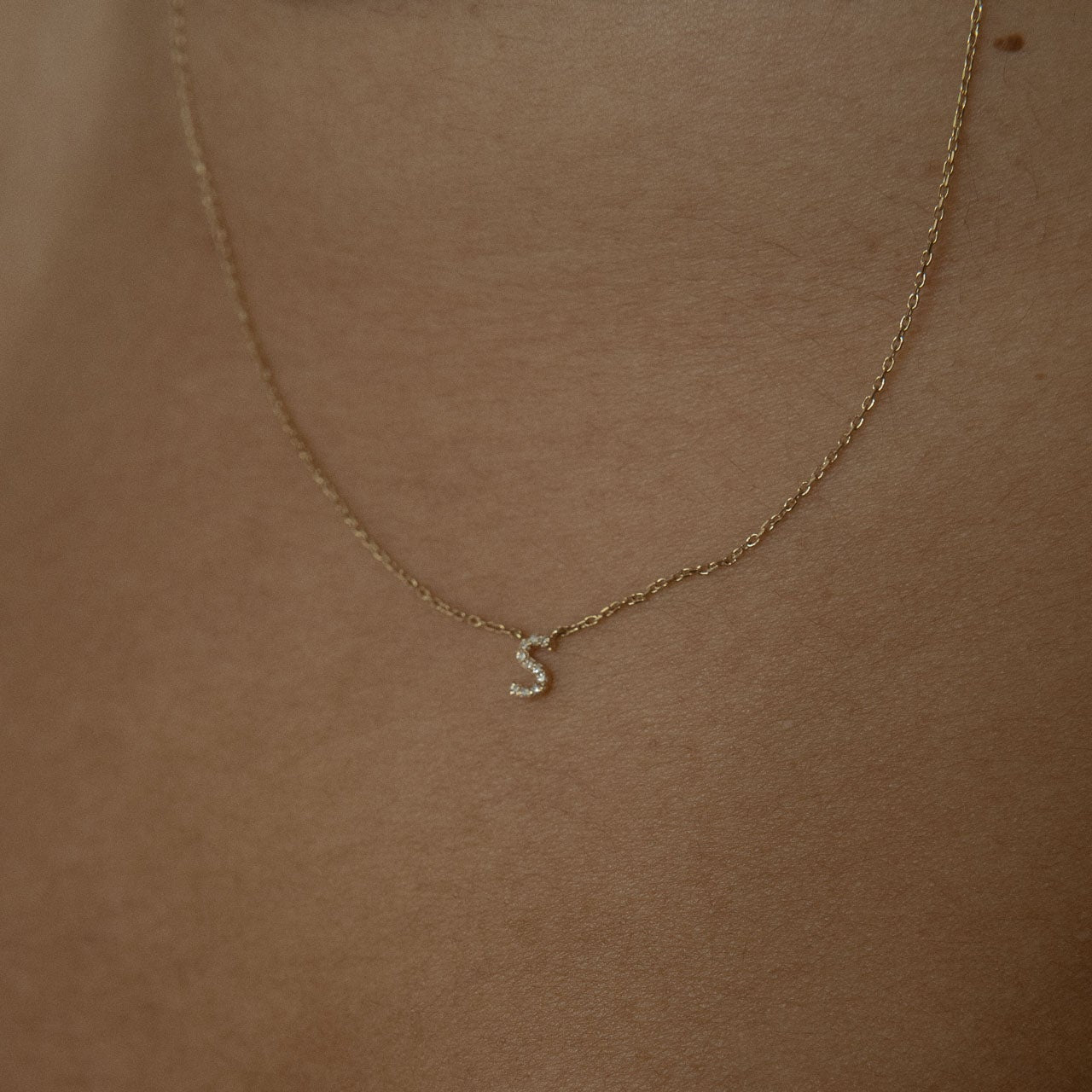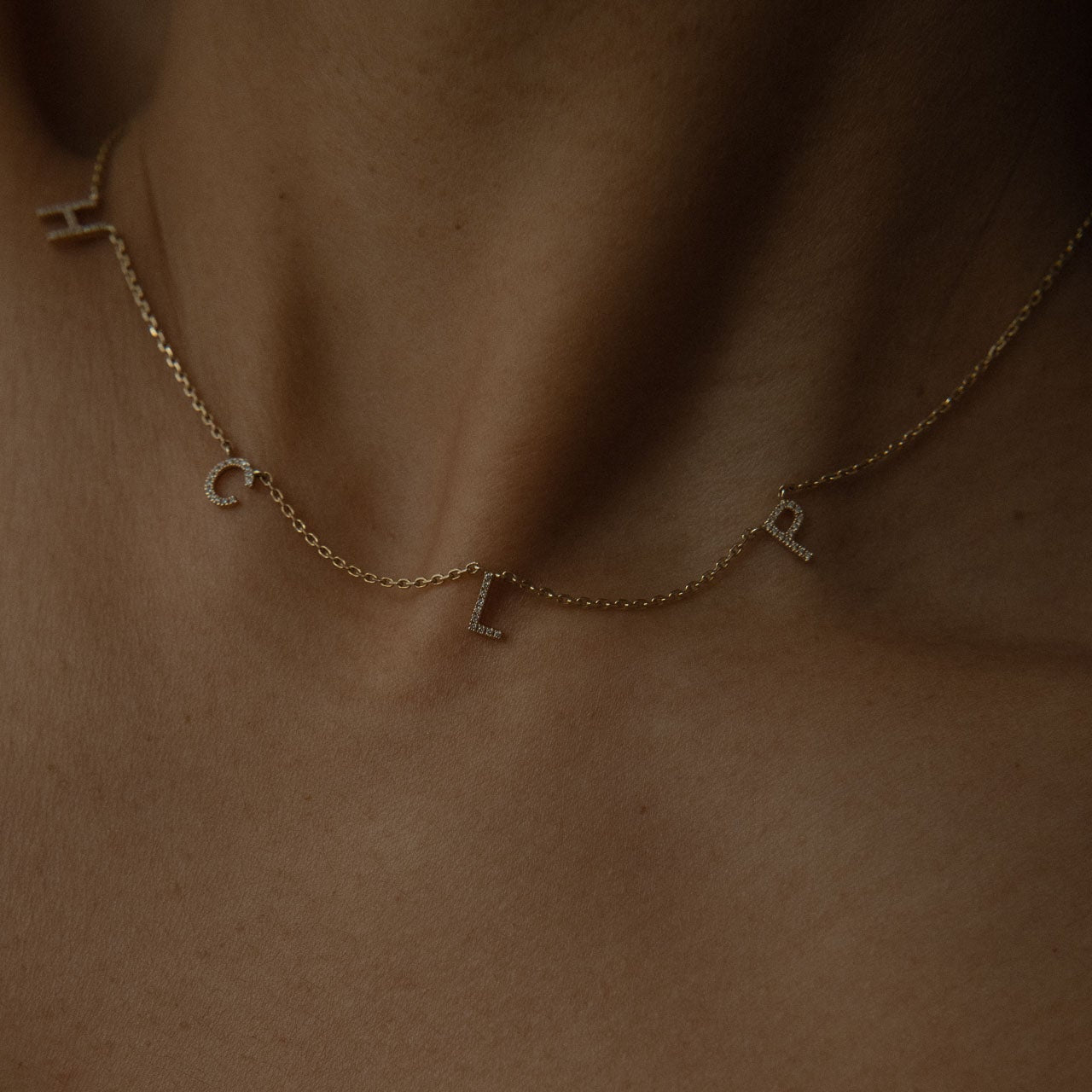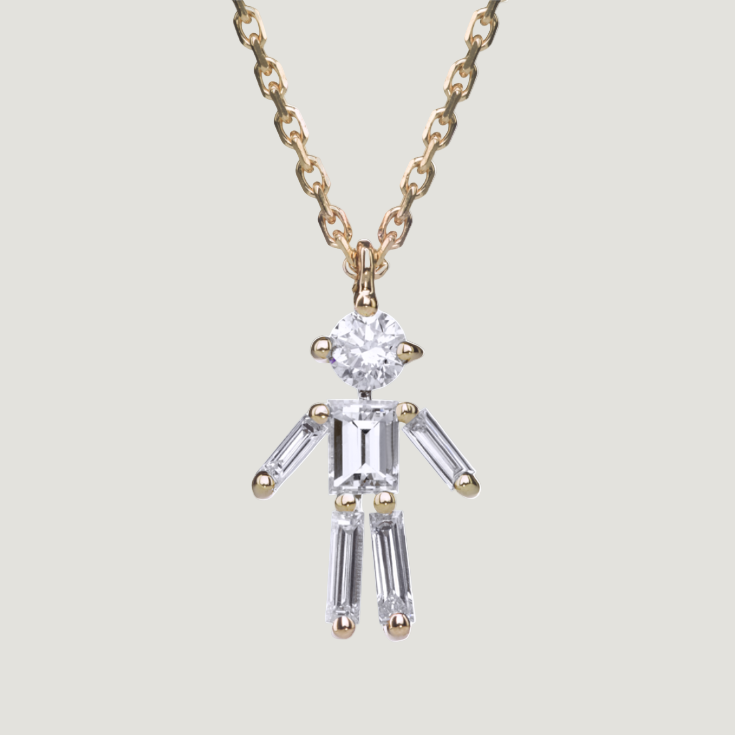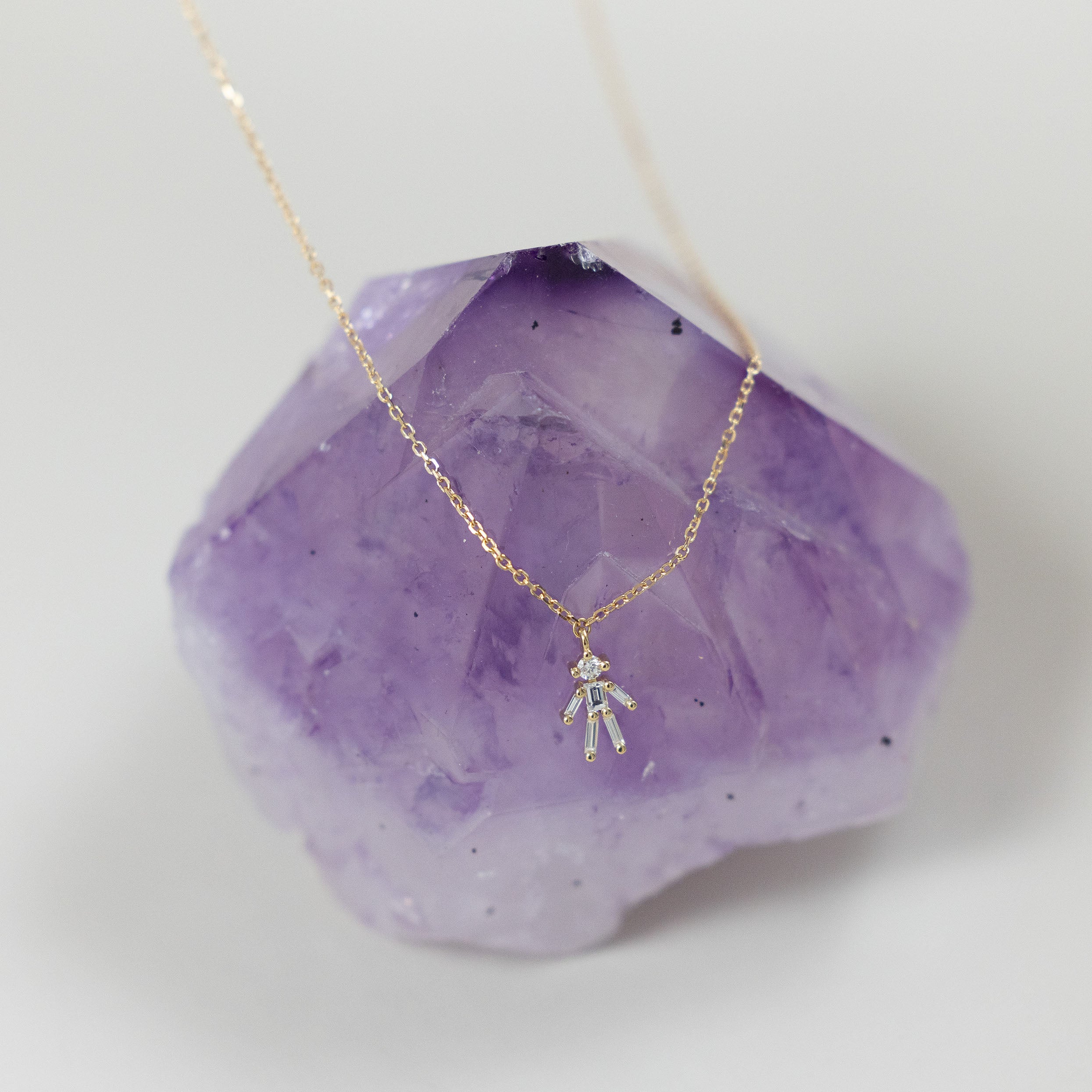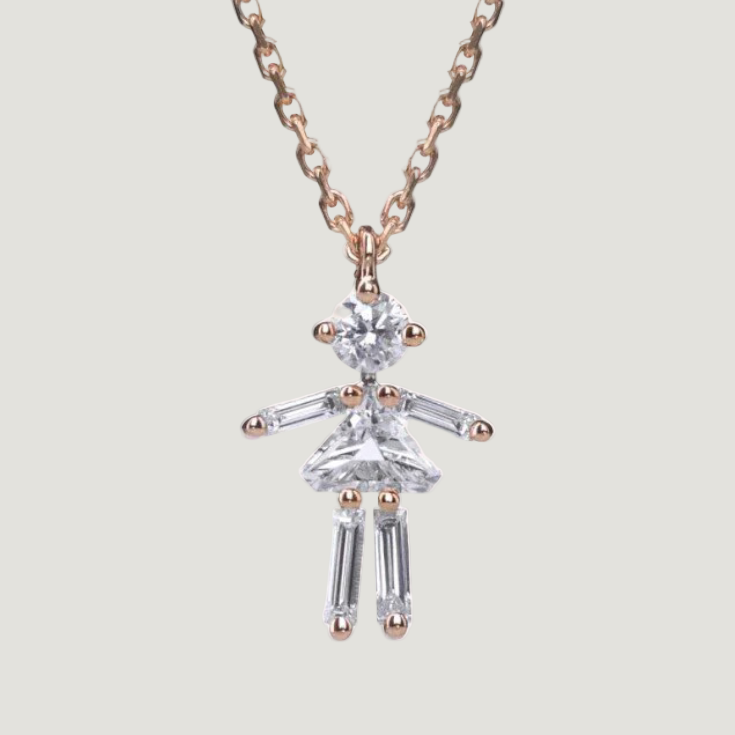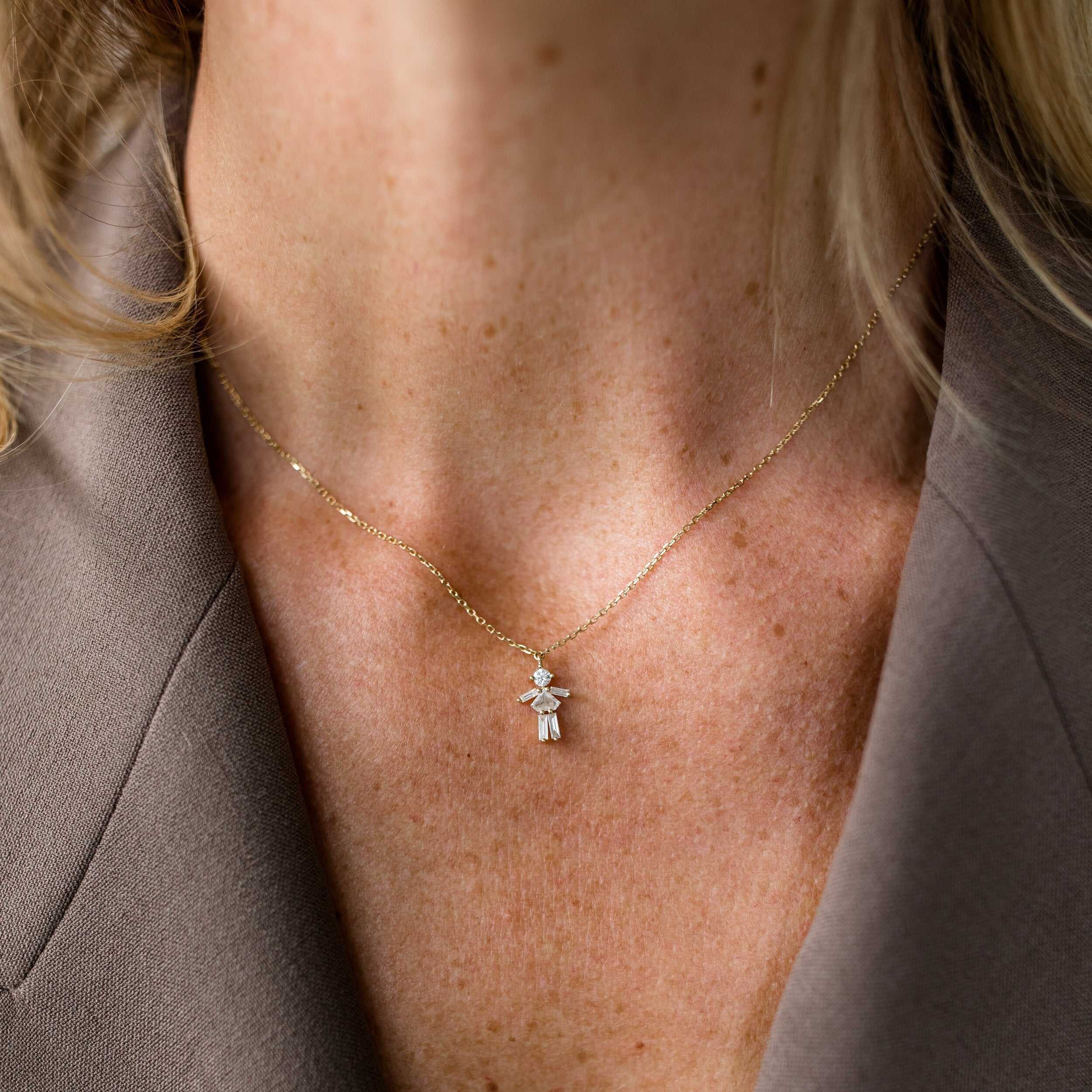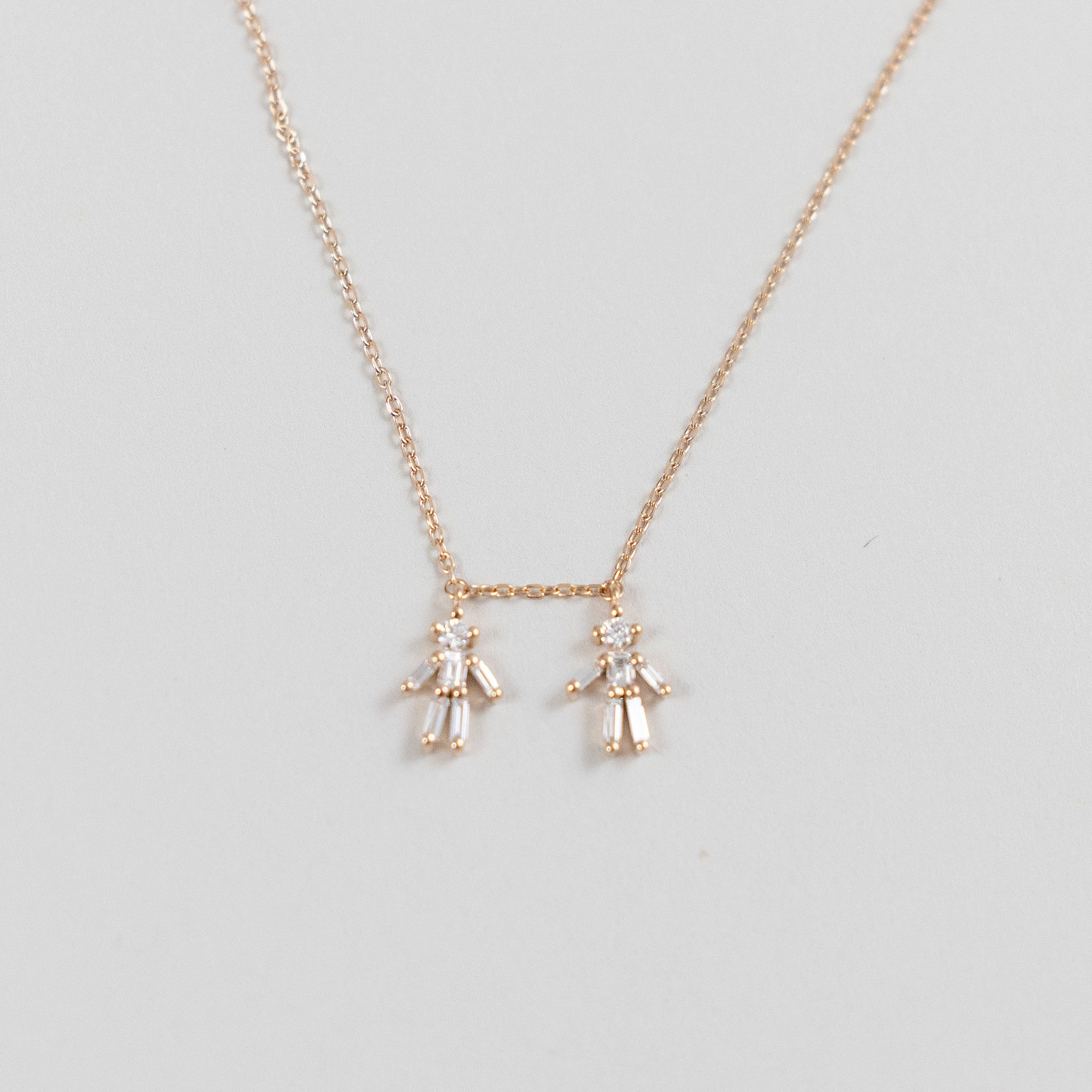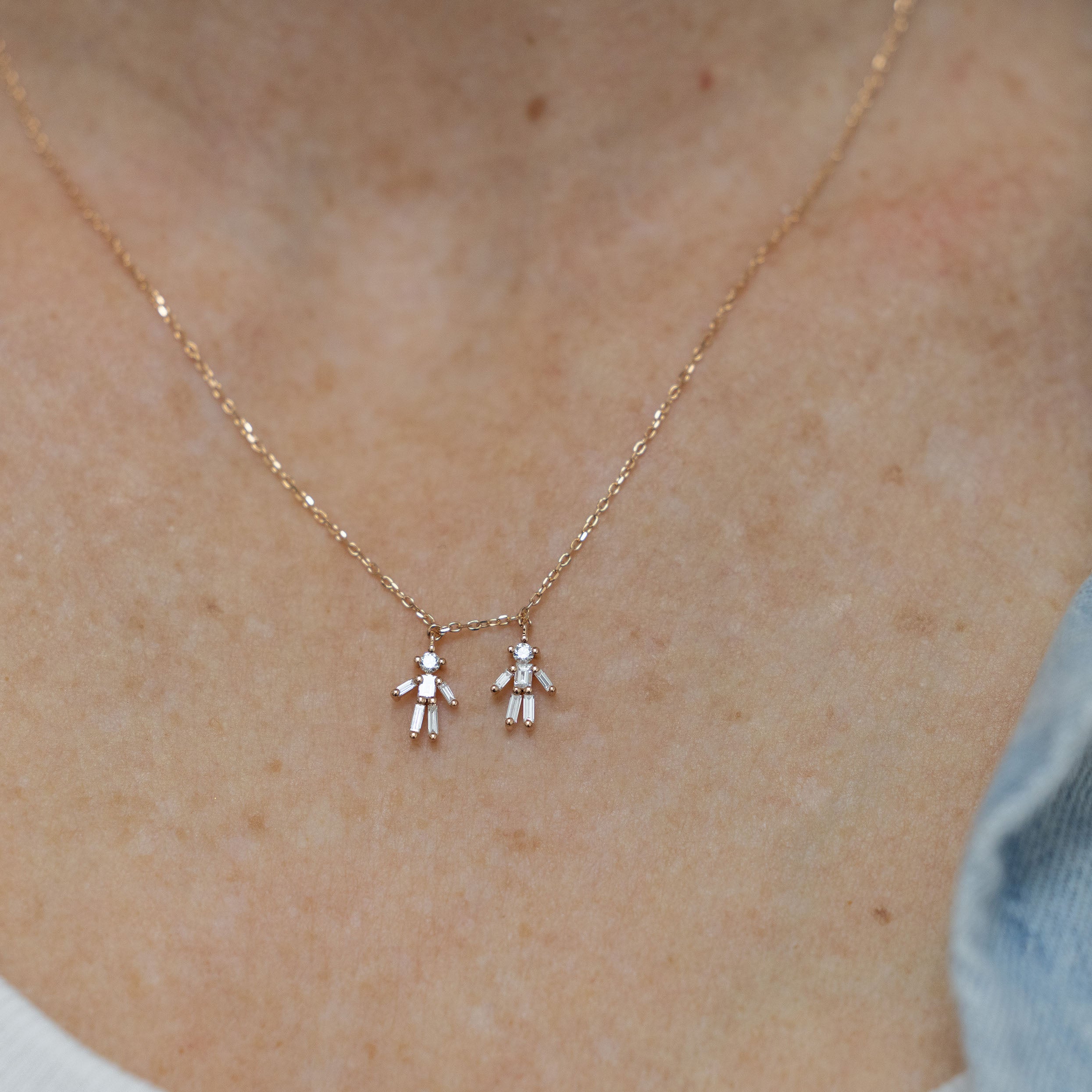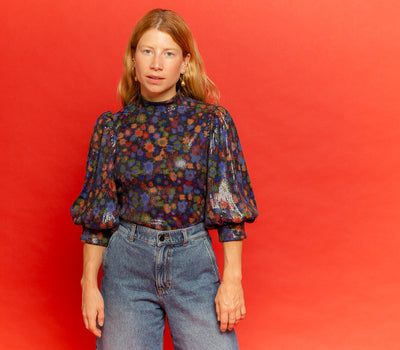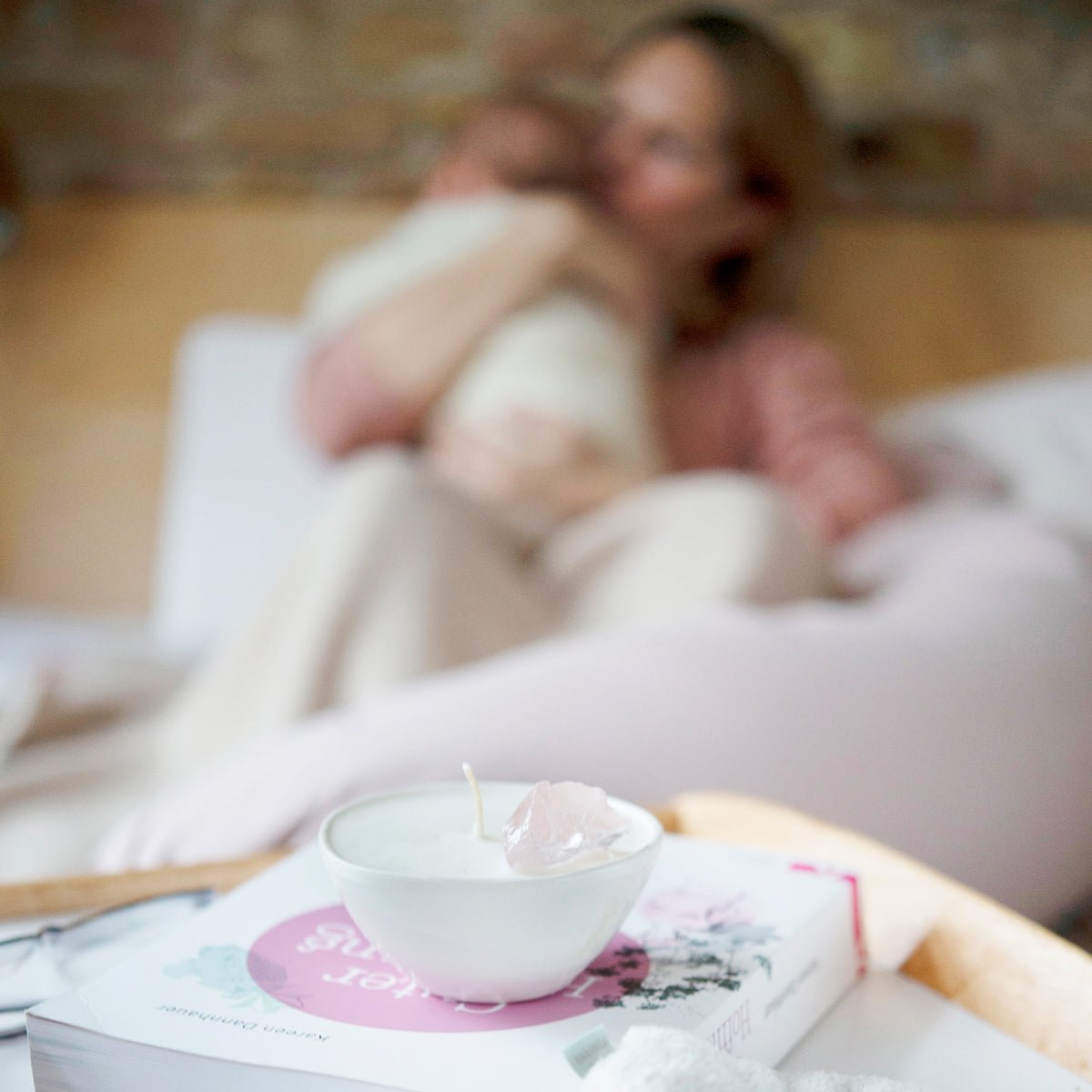Since Polly was born, several times a week I've been doing what people on parental leave do by far the most: I go for walks in the neighborhood; preferably with a friend's mother.
We then roam through Prenzlauer Berg, moan a lot, talk over each other because our babies distract us and by the end of every meeting we have usually forgotten what we were actually talking about.
Nevertheless, these meetings are very good for us. We recently started going to playgrounds. Not because our children are really interested in it, but because it's just cute to put them in the sandpit, dig a little together and stop them from eating sand.
Of course, we also take a lot of photos of these playdates.
Later that day, when she was lying on the couch at home after the meeting, my friend sent me her pictures loudly pinging via WhatsApp and I looked through them with a smile. Polly unimpressed with sand in her mouth. Polly with a poker face on the swing. Polly and I sitting in the autumn damp dark sand, her on my lap, looking delightfully disinterested.
So far I had swiped through all the pictures happily, but relatively quickly, when my index finger suddenly stopped hovering in the air for a moment on the last motif. There I was and there, on my lap, was my little daughter. It hit me like a slap. I suddenly had the feeling that for the first time I saw myself the way everyone had seen me for the past seven months: as a mother.
It's still not clear to me why this motif in particular made me think so much. Pictures of me and Polly abound. We capture every blink of our daughter's eyes with our smartphone (you get like that, there's no escaping it!).
Perhaps it was the everyday nature of this motif. A scene that I have encountered so often myself: mother with daughter or son in the sandbox. But maybe it was also because, for me, visiting the playground was always the next step on the parenting ladder. After pushing the stroller and breastfeeding, followed by the child eating at the table and going to daycare.
Whatever the reason, the picture of the two of us clearly cast me into the role that so many independent and confident women struggle to identify with. And which even I don't always bring easily from my lips when I speak of myself: mother.
Suddenly a moment from that summer came to mind: "I don't want to be called mother, that sounds so harsh and old-fashioned," a friend in Vienna said to me. I asked what she would prefer to be called. "Mom," she replied directly. Yes, mom, that sounds softer, more childlike, intimate.
Sure, one can encourage semantic discussions here, but these questions, what is a mother, what makes us mothers, go much deeper.
It's about self-awareness, emancipation and diversity. It's about social roles and clichés. It's about prejudices and how difficult it is to unlearn what you've lived for decades. Because somehow it didn't please me when the realization of being a mother came over me. We have to exclude my daughter here, though. She is the greatest thing I have and I have no regrets. It's this weird motherhood concept that gives me a stomach ache. I don't want to be looked at any differently, I don't want to be someone different all of a sudden just because I have a kid now.
Because what society still largely thinks of as a mother is a role I haven't auditioned for and which I feel could use some depth and character traits. Our understanding of mother is still: the one giving birth, female, heteronormative, benevolent, frugal, devoted to the point of self-abandonment and satisfied.
In fact, this is not just wrong, but also discriminatory. On the one hand, there are many very angry mothers who are forgotten by politics and ripped off by bureaucracy. On the other hand, mothers are no longer just female or in a relationship or marriage. They are single, male, queer and trans. You are not the biological mother, nor do you intend to fade behind your role as a mother. They are individuals, people and they are colourful, versatile, uncategorizable and diverse. Motherhood is feminism. Because it doesn't put women* in the foreground, but instead puts everyone in a row. My latent discomfort when understanding my motherhood has a lot to do with it. I know that because I've thought about it a lot since that awkward aha moment.
Above all, I struggle with the labels that automatically include the word “mother”. They urgently need an update! I already have a few ideas: we are tired, angry, selfish, loving, devoted, annoyed, clueless, hopeful, caring, overwhelmed, imperfect, organized, lazy, laughing, working, stay at home, beautiful mothers.
And I'm a mother too, yes, too, but first of all I'm Lisa with a daughter named Polly. That's exactly how I want to pick you up here. As independent persons, no roles.
With my, with our articles, posts and on this platform here we don't want to throw any judgement or accusations, but rather take your hand and go together with you on this highly confusing and great and exhausting force march of motherhood, whatever it may look like. Honestly and without romanticizing, guilty conscience or mincing words.
